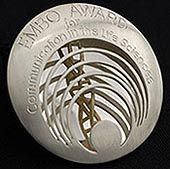$2 egg-beater could save lives in developing countries
Plastic tubing taped to a handheld egg-beater could save lives in developing countries, the Royal Society of Chemistry’s journal Lab on a Chip reports. The low-cost centrifuge replacement can separate plasma from blood in minutes, which is used in tests to detect lethal infectious diseases responsible for half of all deaths in developing countries.
George Whitesides and colleagues at Harvard University, US, say the plasma obtained is easily good enough to use in tests to detect diseases such as Hepatitis B and cysticercosis. “The object was to separate serum [plasma] from blood using readily-obtained materials in a resource-constrained environment,” explains Whitesides.
The equipment can be bought from shops for around two dollars. It needs no special training to use, no electricity or maintenance, and can be sterilised with boiling water and reused. The user can even prepare several samples at once – just by taping more lengths of tubing to the beater. Contrast this with the bulky, sensitive commercial centrifuges, costing thousands of dollars and requiring extensive operation training, and it’s easy to see how this development could save lives.
“This technique is simple and works remarkably well,” says Doug Weibel, an expert in microbiology at the University of Wisconsin-Madison, US. “This technique complements several other ‘simple solutions’ that the Whitesides group has developed to tackle point-of-care diagnostics in resource-poor settings.”
Topics
Organizations
Other news from the department science
These products might interest you
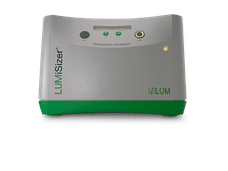
LUMiSizer by LUM
The Versatile Particle and Dispersion Analyser: At-Line, in the Process and in the Laboratory
Comprehensive analysis of nano / microparticles & their interactions in dispersions with 1 instrument
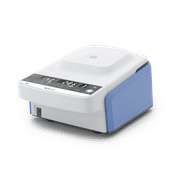
IKA G-L by IKA Werke
Sturdy and compact - discover the universal midi centrifuge
Perfect for microfiltration and cell separation
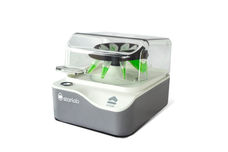
Starlab Minizentrifuge by STARLAB
The Starlab Minicentrifuge - ahead of the curve
This compact unit delivers quiet, intuitive and smooth operation along with a modern design
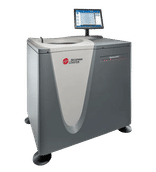
Analytische Ultrazentrifuge (Optima AUC) by Beckman Coulter
ideal for characterizing dispersed macromolecules and nanoparticles
combines the power of an ultracentrifuge with the functionality of optical modules

Get the life science industry in your inbox
By submitting this form you agree that LUMITOS AG will send you the newsletter(s) selected above by email. Your data will not be passed on to third parties. Your data will be stored and processed in accordance with our data protection regulations. LUMITOS may contact you by email for the purpose of advertising or market and opinion surveys. You can revoke your consent at any time without giving reasons to LUMITOS AG, Ernst-Augustin-Str. 2, 12489 Berlin, Germany or by e-mail at revoke@lumitos.com with effect for the future. In addition, each email contains a link to unsubscribe from the corresponding newsletter.
